|
Children on the Edge support Kachin communities who have been displaced by conflict and are living in camps in northern Myanmar (Burma). We provide education, play and expert care for young children aged 3-6 years old. The current crisis in the country is creating huge uncertainty for people here, but our preschool centres are providing a much needed safe haven for the youngest children, ensuring Early Childhood Development (ECD) at a crucial time in their development. Read on to find out more… CURRENT CRISISTwo years on from the February 2021 coup in Myanmar, when the military junta (Tatmadaw) arrested the country's elected civilian leaders, including Aung San Suu Kyi, the country is still in crisis. Most areas are in a state of war with dozens of military groups are now engaged in a patch-work resistance to the junta. Hundreds of thousands of people have been displaced, adding to those already displaced after decades of conflict and violence. Those affected include ethnic minority areas in the northern part of the country, including Kachin State, where Children on the Edge have been working for a decade. Civilians in these areas are regularly shelled by the military and there are widespread documented human rights violations. In October, a festival in Kachin was bombed, killing nearly a hundred people, many of them children. LIVING IN CONFLICTThe displaced Kachin communities we support are currently surviving day by day in an active warzone, with no hope for an end to armed conflict and aerial attacks. There are just over 13,000 displaced people living within the camps we work in. People are unable to return home and remain trapped in remote mountain camps, where they continue to be cut off from basic supplies, like food and fuel. The increase in market prices and the inflation of local currency are crippling, with local experts estimating this level of hardship is likely to remain for years to come. Air raid bunkers have been built near every household in the camps, and by some of the preschool centres we support. Their presence is a frightening reminder of the reality of war for the children that attend each day. There are no other organisations working in this region offering humanitarian relief and these displaced Kachin communities are largely ignored by the international media. CRISIS RESPONSETo respond to the worsening crisis in the last year, we have been providing extra funds to ensure healthy meals at our preschools each day, and the children have particularly enjoyed the additional snacks. We have also given our teachers increased stipends, to support them with rising costs. In addition to this year's provision of rain clothes, all 484 children were given a set of warm clothing for the winter months, including a jacket, trousers, hats, boots and socks.  “I LOVE THE WARM CLOTHES, BOOTS ETC, YOU HAVE GIVEN ME. I AM HAPPY TO GO TO SCHOOL BECAUSE THERE ARE MORE PLAYING MATERIALS THAN AT MY HOME. I LIKE TO HAVE SNACKS AFTER NAP TIME”. (KAWN JA HTOI TSIN - AGED 5) EARLY CHILDHOOD EDUCATION HELPS CHILDREN TO THRIVEIt is against this bleak backdrop of conflict and humanitarian crisis that Children on the Edge continue to support a high quality Early Childhood Development (ECD) programme in Kachin State, offering a vital safe space for displaced children in in eight of the most remote, outlying settlements. Partnering with two local organisations; Kachin Development Group (KDG) and Kachin Women’s Association (KWA), over the past decade, our 15 preschool centres have been welcoming places, where nearly 500 young children can find safety and care. Despite recent challenges, these preschools have been maintained as bright, colourful spaces that inspire learning and fun for the children, and much needed hope for their parents. TEACHERS ARE TRAINED FROM WITHIN THE CAMPS... delivering exceptionally high quality Early Childhood Education (ECE) environments, despite being cut off from resources. In recent months the preschools have received extra learning materials and teachers have attended fresh training courses to develop their skills. They also enjoyed a ‘Storybook competition’, which gave them the chance to write stories for the children based on their experiences and local context. They crafted the books themselves, and the winning entries were printed, to be used across all our preschool centres. EARLY CHILDHOOD EDUCATION IS SUPPORTED BY PARENTS who, through local committees, maintain the preschool buildings, create play materials and learn about parenting and child protection through workshops and training sessions.  “ACCORDING TO THE VARIOUS PARENTING STYLES I HAVE LEARNED ABOUT, I HAVE BEEN TOO AUTHORITARIAN. AFTER ATTENDING THIS SESSION THREE TIMES, I KNOW THAT I HAVE CHANGED MY DAMAGING BEHAVIOUR TOWARDS MY CHILDREN. ALL OF THE COMMUNITY SHOULD KNOW MORE ABOUT CHILD DEVELOPMENT FOR OUR FUTURE GENERATION.” (PARENT FROM DUM BUNG CENTRE) Families have been heartened to see their children progressing thanks to their attendance at the centres.  “MY CHILD IS BEING CLEVER! WE PARENTS COULDN’T HELP OUR CHILDREN TO BE PERFECT, BUT HAVING AN ECD CENTRE IN OUR CAMP ALLOWS THE CHILDREN TO DEVELOP IN A HOLISTIC WAY. CHILDREN HAVE LEARNT EVERYTHING THROUGH PLAYING, FRIENDSHIP AND CONVERSATION IN THE CENTRE.” (HPAULA HKAWN JA FROM SHA-IT YANG II CENTRE) Parents tell us that when their children come home each day, they excitedly describe what they have done, which friends they have played with, which songs they have sung and what kind of lessons they have learnt.  “I WANT TO GO TO SCHOOL EVERY DAY BECAUSE I’M VERY HAPPY TO PLAY, SING SONGS, DRAW PICTURES, WITH FRIENDS. TEACHERS GAVE FRUITS AND PRESENTS TO ME. I LIKE TO LISTEN TO STORIES EVERY DAY.” (NHKUM AWNG MAI, AGE 4, DUM BUNG CENTRE) EARLY CHILDHOOD DEVELOPMENTBy the time a child reaches five years old, 90% of their brain has developed; meaning their experiences from birth to this age are the most important of their lives. Children need to grow up eating nutritious food, interacting with parents and other children and have the chance to play in a safe space, under the loving care of a parent or caregiver, for healthy brain development. This is even more crucial for children living in conflict or humanitarian crises, who are more likely to suffer stress, a lack of stimulation and learning opportunities, along with reduced health services and nutrition. It’s why we work to create protective environments for children and deliver high quality Early Childhood Development and support, to offer a buffer to protect children from the negative effects of what they have been through. This goes beyond simple education. To ensure healthy development at this vital age, a safe, nurturing environment can help children bounce back and develop resilience, protecting them from the risks of toxic stress, which can damage their brains irreversibly. Read more about Early Childhood Education and Development >> FUTURE OUTLOOKIt is difficult to predict the outcome of the crisis in Myanmar. The military has maintained its hold on power and shown little willingness to engage in meaningful dialogue with the civilian leaders or the international community. Children on the Edge remain committed to the Kachin communities, and to supporting their dedication in giving their children the best possible start in life. With the help of our supporters and funders, we will continue to provide safe spaces for young children for as long as needed. However, the need for quality early childhood education goes beyond the 15 preschools we currently support and if funds allow, we are ready to expand our programme to new camps which do not yet have early years provision for young children. Could you support our programme with a donation or grant funding? If you are from a Trust or Foundation and wish to discuss how you can support our programme in Kachin State, please contact our Grants Manager, Sophie Poore: [email protected] HEAR FROM THE CHILDREN... |
MEET KAWN JA HTOI TSINFive year old Kawn Ja Htoi Tsin has three siblings and is mainly cared for by her mother as her father is unwell. Read her story to see how her behaviour transformed after starting at Maga Yang centre. | MEET SHARI BAWK AWNG MU HPAFour year Shari Bawk Awng Mu Hpa old and attends junior class at Pa Jau ECD centre. His father spends a lot of time away with the army. Read his story to see how much of a positive impact the centre has had on him. |
Support us
Leave a Reply.
RECEIVE OUR EMAILS
Blog Categories
All
Ambassadors
Bangladesh
Bhasan Char
Burma/Myanmar
Chichester
Child Participation
Child Protection Team
Child Rights
Child Sacrifice
Cluster Learning
Coronavirus
Dalit
Digital Education
Early Childhood Development
Education Loans
Fundraising
General
#GetToKnowUs
History
Hope
Humanitarian Relief
India
Kachin
Karamoja
Kyaka II Uganda
Lebanon
Moja Kids
Postcode Lottery
Protective Environments
Refugees
Rohingya
Romania & Moldova
Schools
Storytellers
The Body Shop At Home
#ThrowbackThursday
Uganda
UK
Ukraine
Volunteer
Women's Rights
Archives
July 2024
June 2024
April 2024
March 2024
February 2024
January 2024
December 2023
November 2023
October 2023
September 2023
August 2023
July 2023
June 2023
May 2023
April 2023
March 2023
February 2023
January 2023
December 2022
November 2022
October 2022
September 2022
August 2022
July 2022
June 2022
May 2022
April 2022
March 2022
February 2022
January 2022
December 2021
November 2021
October 2021
September 2021
August 2021
July 2021
June 2021
May 2021
April 2021
March 2021
February 2021
January 2021
December 2020
November 2020
October 2020
September 2020
August 2020
July 2020
June 2020
May 2020
April 2020
March 2020
February 2020
January 2020
December 2019
November 2019
October 2019
September 2019
August 2019
July 2019
June 2019
May 2019
April 2019
March 2019
February 2019
January 2019
December 2018
November 2018
October 2018
September 2018
August 2018
July 2018
June 2018
May 2018
April 2018
March 2018
February 2018
January 2018
December 2017
November 2017
October 2017
September 2017
August 2017
July 2017
June 2017
May 2017
April 2017
March 2017
February 2017
January 2017
December 2016
November 2016
October 2016
September 2016
August 2016
July 2016
June 2016
May 2016
April 2016
March 2016
February 2016
January 2016
December 2015
November 2015
October 2015
September 2015
August 2015
July 2015
June 2015
May 2015
April 2015
March 2015
February 2015
January 2015
December 2014
November 2014
October 2014
September 2014
August 2014
July 2014
June 2014
May 2014
April 2014
March 2014
February 2014
January 2014
December 2013
November 2013
October 2013
September 2013
August 2013
July 2013
June 2013
May 2013
April 2013
March 2013
February 2013
January 2013
December 2012
November 2012
October 2012
September 2012
July 2012
June 2012
May 2012
April 2012
March 2012
February 2012
January 2012
December 2011
November 2011
October 2011
September 2011
August 2011
June 2011
May 2011
April 2011


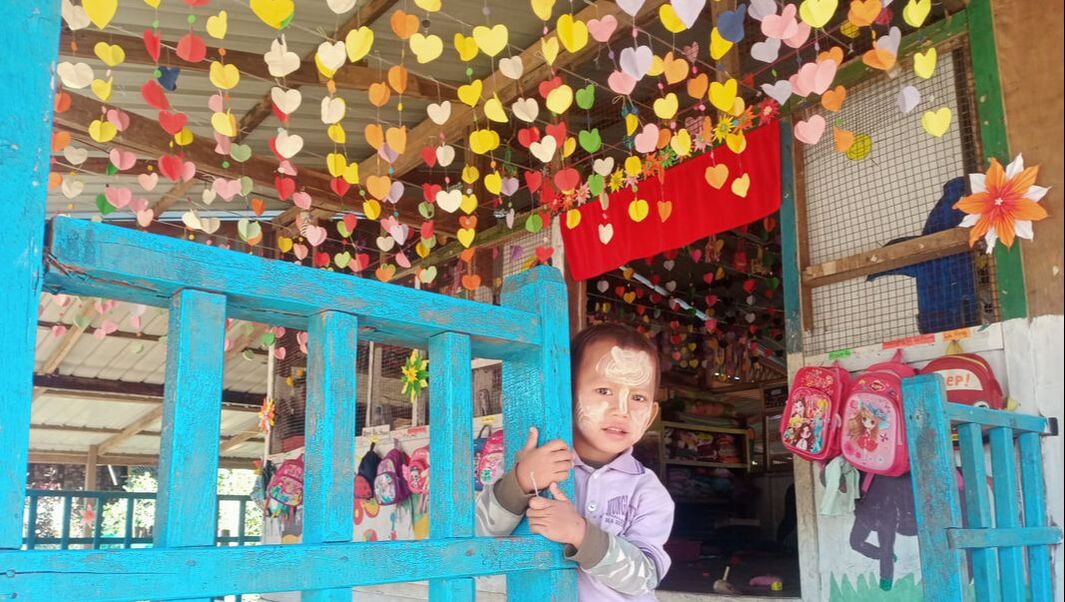
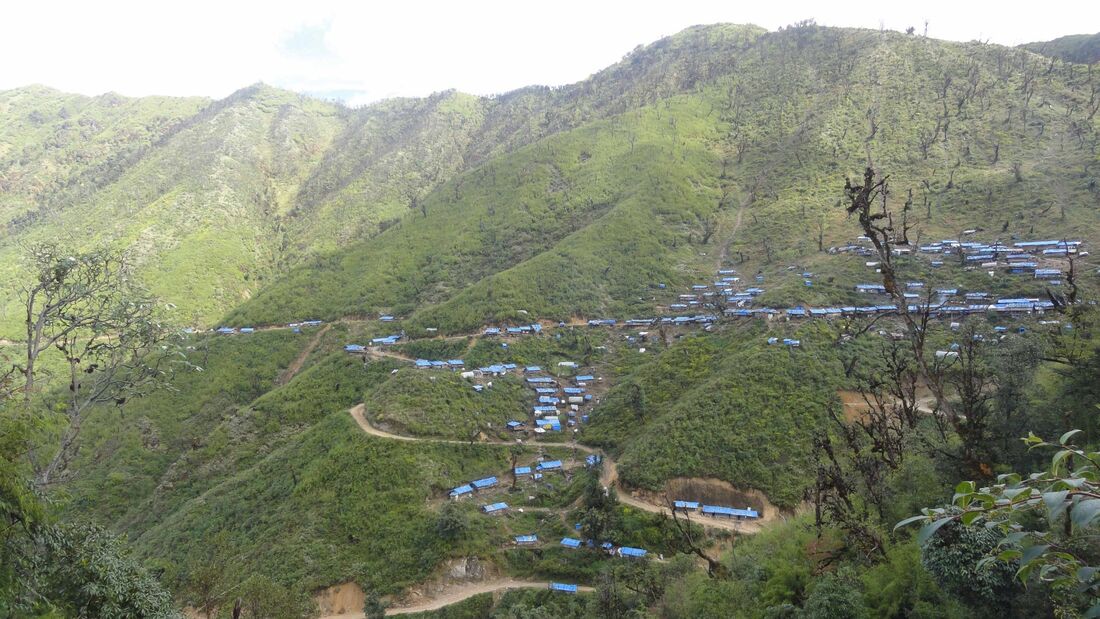
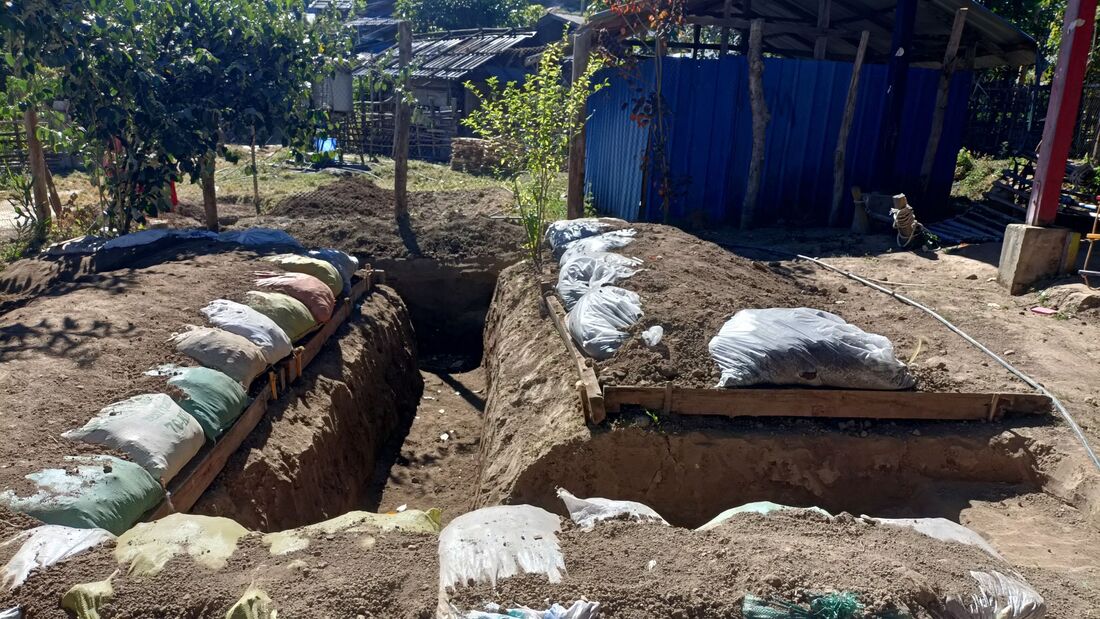
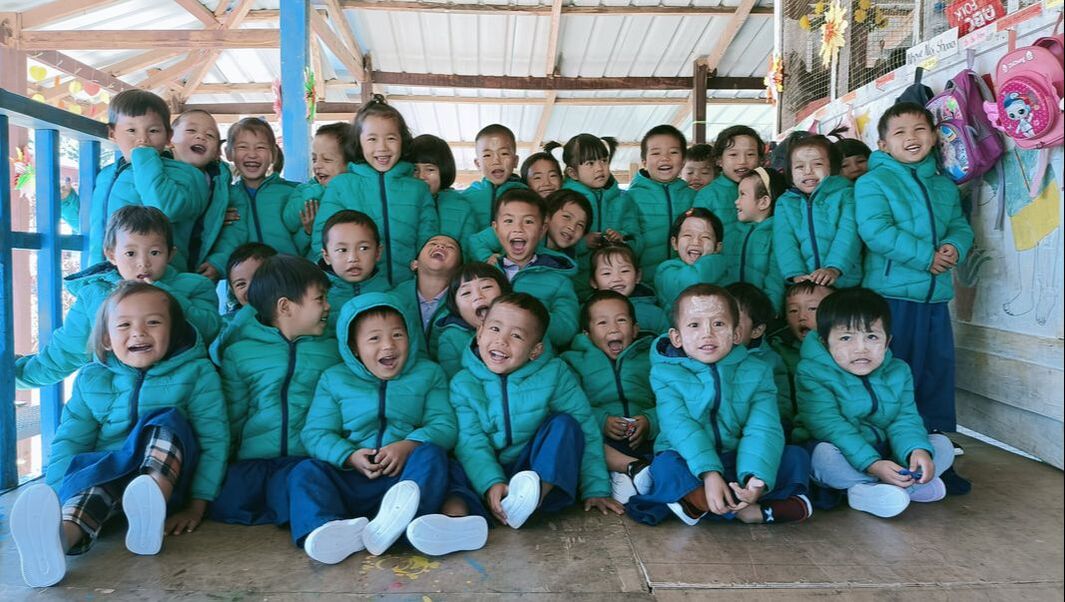
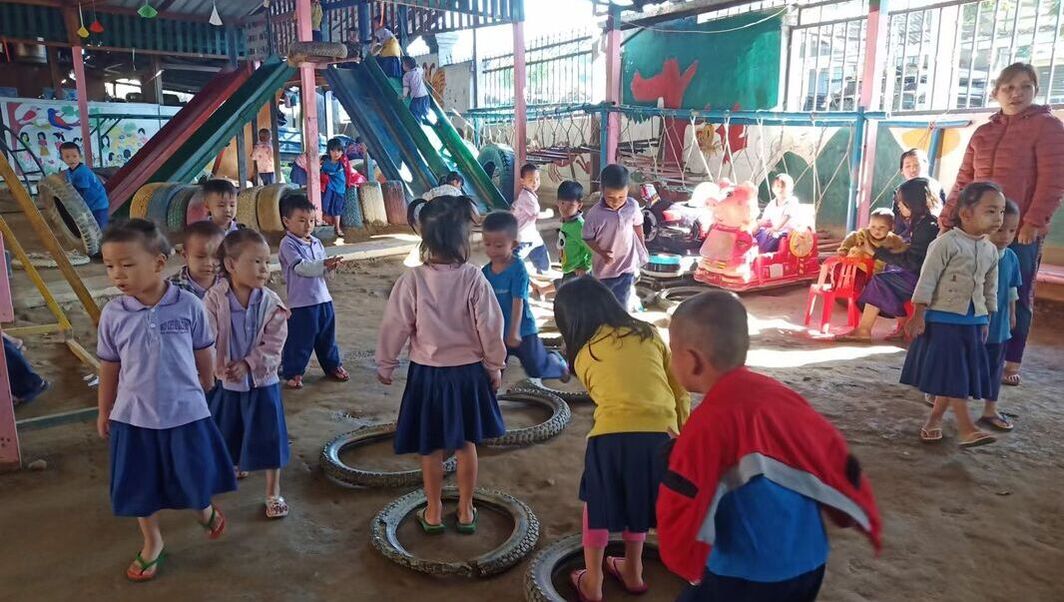
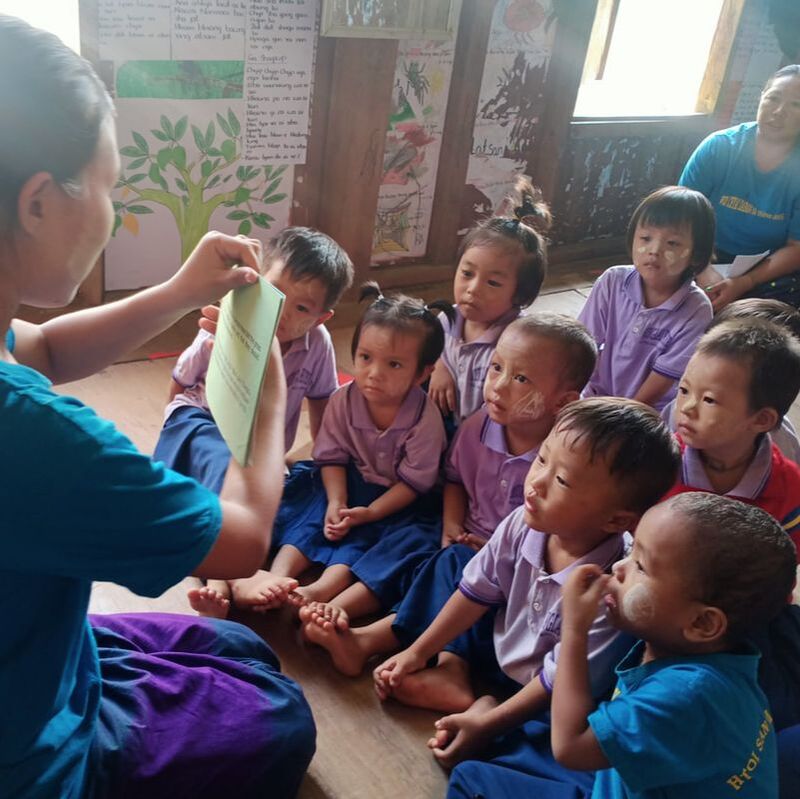
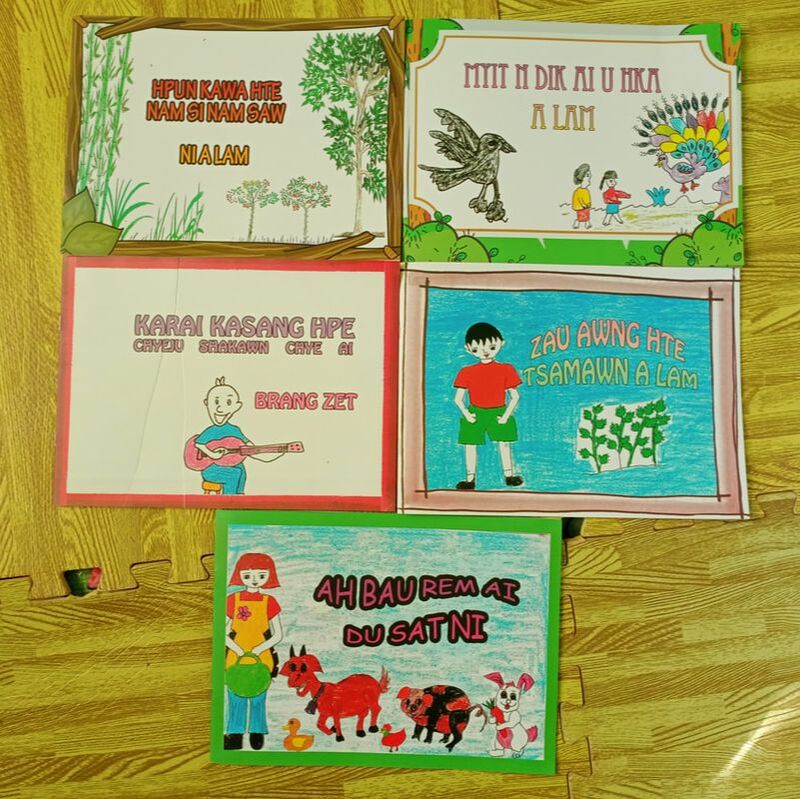
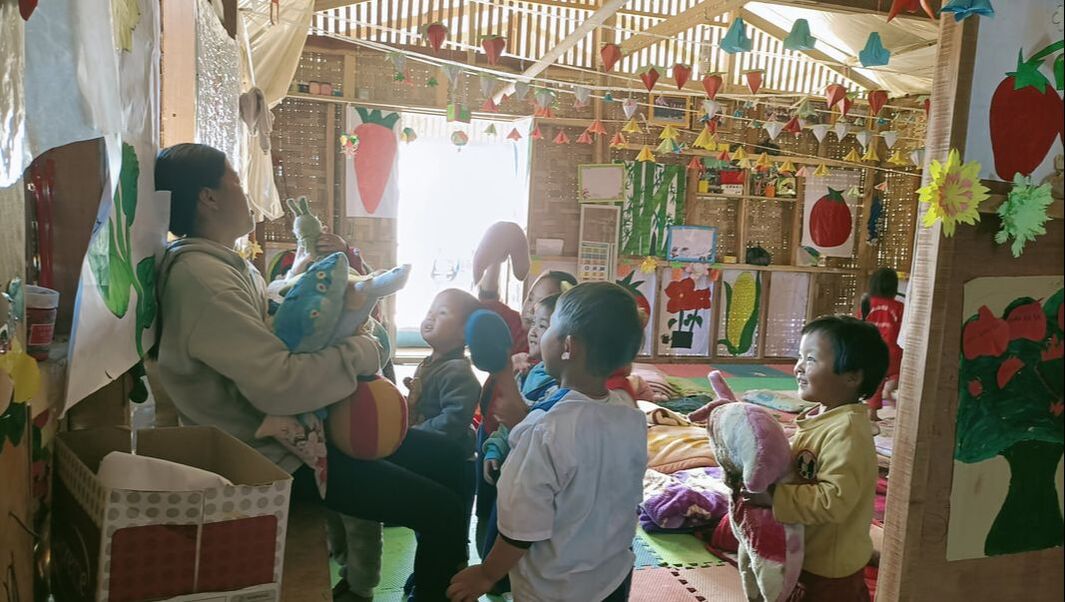
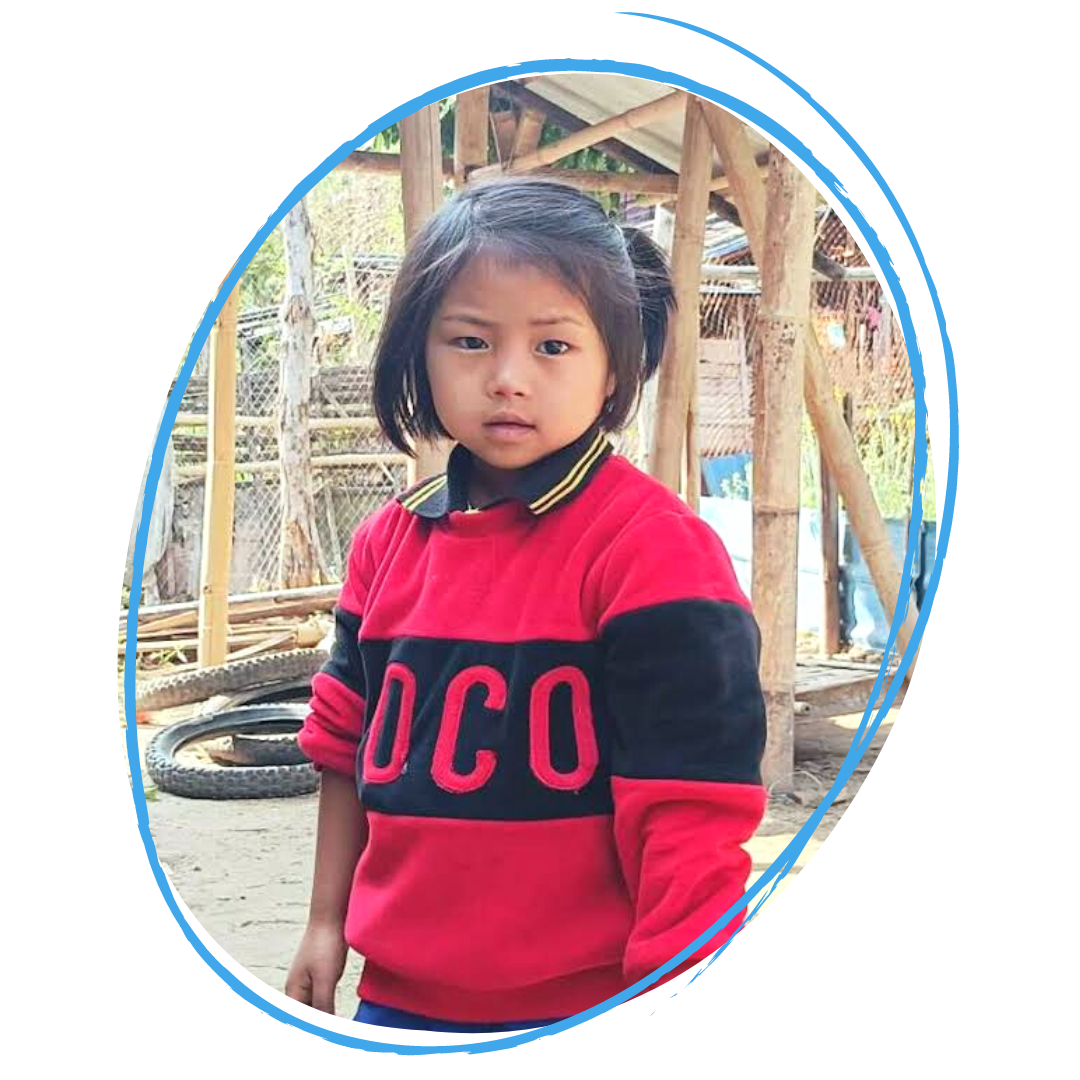
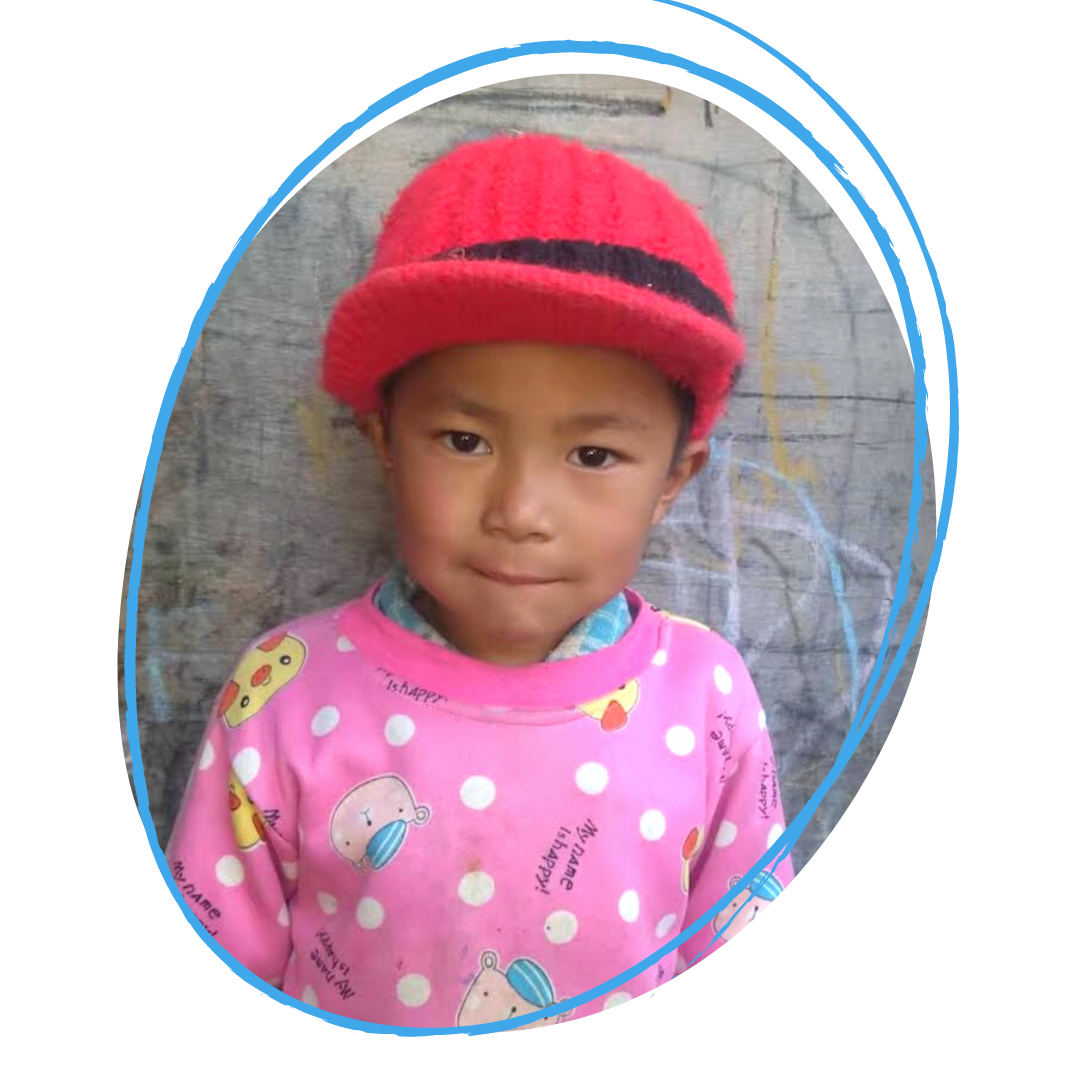
 Give monthly
Give monthly Fundraise for us
Fundraise for us RSS Feed
RSS Feed
